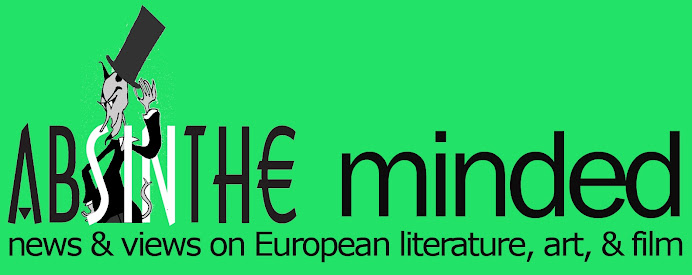The Goat
Milking her, I had to watch out for her dung.
On occasion, lost in some metaphor, I wouldn’t notice
how her anus opened like an eye and beads
of obsidian rolled out from inside: large black tears
in the warm milk. Bitter sugar. At first I was mad
and wanted to punch her in the flank, give her the boot,
because pain is the deepest memory, the most
beastly. Like that time two blokes beat me up in England
and I was bleeding all over and every blow was like a stamp
in the soft wax of my face – a way to remember, to remember,
because there’s so little left otherwise, so little,
and how, while they were beating me, I thought how good
it’d be if I bled more often, if they rolled my face in shit,
so I wouldn’t forget the taste, the stench of life.
Either way, I never punched the goat. Either way
this world overflows with suffering like a clogged toilet
and the air stinks, but no one is paying attention –
one gets used to suffering, when it is daily
like a croissant with a glass of milk. We gulp it down eventually.
And the goat? Would you believe me how,
when I slit her kid’s throat, she didn’t eat for a week
and looked up long at the sky with her feline pupils,
as if that vacant azure could deliver her
from her loss? Then everything went back to its place:
she got the idea that I, who had slaughtered her kid,
was her kid. The imagination of pain is infinite.
Translated by Maria P. Vassileva and the author
 |
| (c) Elif Batuman |
Read more about Bulgarian literature at the Contemporary Bulgarian Writers site.














